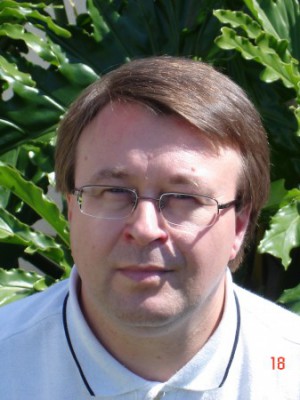resumo
0-sitosterol (BS) is a phytosterol with wide potential in cosmeceutical, biomedical and food applications. In acid sulphite pulp cooking, BS and its derivatives are considered an underutilized natural source of bioactive compounds, which are adsorbed on the resulting pulp or dispersed in the spent liquor. In this work, a new method for the isolation of BS from alkaline extract (AE) of unbleached sulphite pulp purification stage is proposed. BS was recovered by two-step acidification of AE up to pH 3 under pre-selected conditions, followed by fractionation of the formed precipitate with water-miscible organic solvents, having obtained best results (> 90% of BS purity; yield of 70-210 mg/dm3 of AE) with methanol fractionation followed by BS crystallization induced via addition of water (ca. 10% vol.). When ethanol was used instead, BS was detected in low amounts in the isolate, being fatty acid sterol esters and fatty acid glycerides the major components, as revealed from analyses by wet chemistry coupled with gas chromatography-mass spectrometry and thin layer chromatography (TLC). The method is adaptable for large-scale industrial production of BS and may represent an important source of sterol-based products.& COPY; 2023 The Author(s). Published by Elsevier Ltd on behalf of Institution of Chemical Engineers. This is an open access article under the CC BY-NC-ND license (http://creativecommons.org/licenses/by-nc-nd/4.0/).
palavras-chave
BETA-SITOSTEROL; CHOLESTEROL; SOLUBILITY; OLEOGELS; ACID; WOOD; FAT
categoria
Biotechnology & Applied Microbiology; Engineering; Food Science & Technology
autores
Evtyugin, DD; Prates, A; Domingues, MR; Casal, S; Evtuguin, DV
nossos autores
agradecimentos
This work was developed within the scope of the R & D project between the University of Aveiro and CAIMA-Cellulose Company, S.A. and supported by CICECO-Aveiro Institute of Materials, FCT Ref. UIDB/50011/2020 & UIDP/50011/2020, and by LAQV-Requimte, FCT Ref. UIDB/50006/2020 & UIDP/50006/2020, financed by national funds through the Portuguese Foundation for Science and Technology (FCT) /MCTES.



